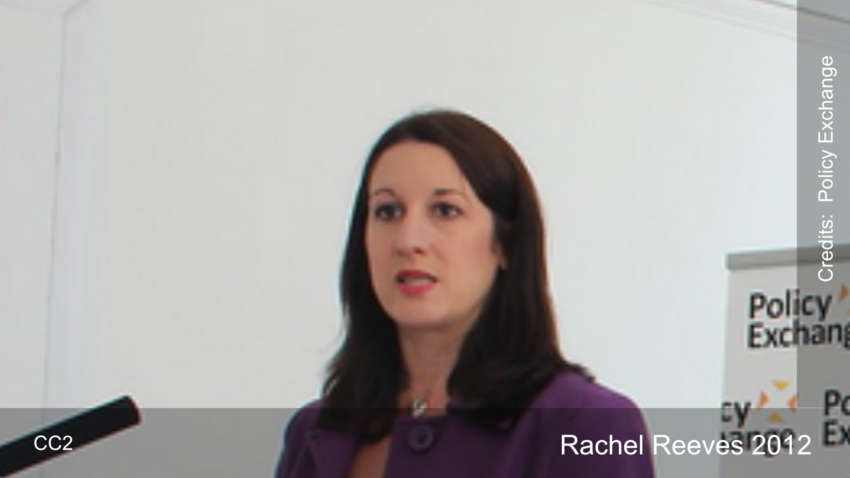Rachel Reeves, the UK’s first female Chancellor of the Exchequer, has introduced a bold budgetary agenda. She aims to raise £40 billion through tax reforms, including changes to employers’ national insurance contributions and capital gains taxes. Her plan also ends the non-domicile tax regime, a move she proudly announced as part of her historic role.
- Rachel Reeves, the UK’s first female Chancellor of the Exchequer, has introduced a major fiscal agenda aiming to generate £40 billion through tax reforms, targeting employers’ national insurance, capital gains, and ending the non-domicile tax regime.
- Public service investment is central to her budget, with substantial spending increases for the NHS and education, though the IFS has questioned the viability of Reeves’s projected tax revenue.
- Market responses have been volatile, with the pound falling 1.2% and 10-year bond yields rising sharply, which may limit Reeves’s financial flexibility for future initiatives.
- Critics highlight potential issues, such as the impact on renters from stamp duty hikes for buy-to-let properties and limited support for first-time homebuyers, signaling possible challenges in the housing market.
Several news outlets have reported on the budget’s sweeping changes. The Guardian highlighted Reeves’s rejection of extending the Conservative freeze on income tax. Other sources noted her commitment to revitalizing public services, with increased spending in health and education sectors. The government intends to bolster the NHS and schools with significant financial support.
Reeves stated her mission is restoring fiscal balance while investing in vital public services. Her budgetary strategies come with challenges, as market reactions have been volatile. The pound fell sharply after her announcement, experiencing its largest drop in 18 months. Sterling’s value decreased by 1.2% in trade-weighted terms over three days. This turbulence reflects concerns about the scale of tax hikes.
The rise in 10-year UK bond yields, which surpassed 4.5% for the first time in a year, added to market anxieties. This increase marks a significant move towards the danger zone identified by the Office for Budget Responsibility (OBR). Analysts have noted that while other European bonds have risen, the UK’s situation is more pronounced.
Ed Conway, an economics expert, commented on the market’s swift reaction to the budget. He warned that Reeves’s financial room to maneuver might shrink due to these developments. The market’s response could affect the government’s ability to fund future initiatives.
The Institute for Fiscal Studies (IFS) expressed skepticism about the projected benefits of the tax hikes. IFS Director Paul Johnson argued that the tax changes might not yield the anticipated £25 billion for the Treasury. He pointed out that real-term cuts might occur for some departments, despite the planned spending increase.
Johnson criticized the increase in stamp duty land tax for second homes and buy-to-let properties. He argued that this decision could negatively impact renters as the supply of rental properties declines. The IFS also noted the government’s decision not to extend tax relief for first-time buyers, which could affect the housing market.
Despite these challenges, the government remains steadfast in its plans. Reeves announced an annual public spending increase of £70 billion over the next five years. This includes significant investments in public services and a projected borrowing increase averaging £32.3 billion per year.
The budget reflects a commitment to long-term fiscal sustainability while addressing immediate needs in public services. Reeves’s ambitious agenda aims to balance these priorities, despite the risks and market reactions. The government’s strategy involves careful consideration of economic conditions and public sector needs.

